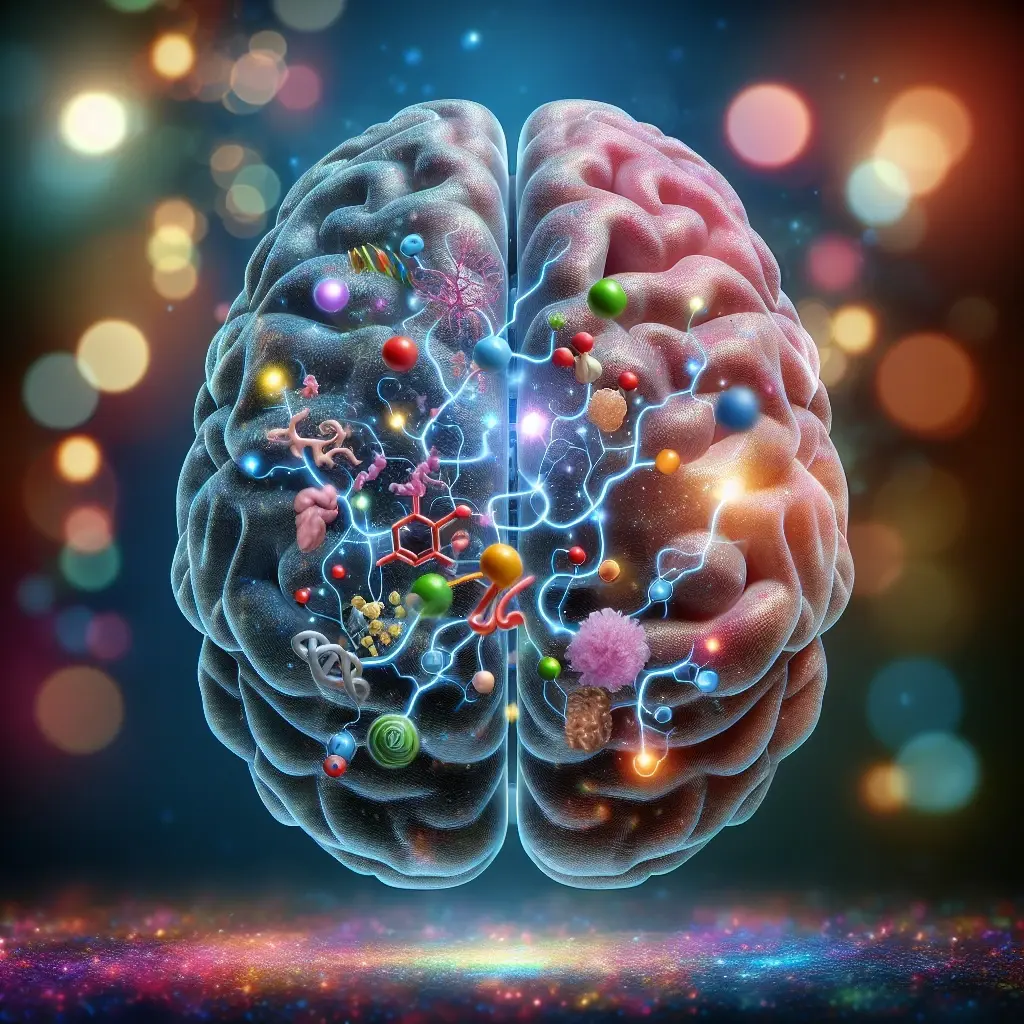A pilot study examining a ketogenic diet as an adjunct therapy in college students with major depressive disorder
Effects of ketogenic diet in a cohort of young adults
A ketogenic diet (KD) has emerged as a potential adjunctive treatment for neurological and neuropsychiatric disorders, including bipolar disorder and major depressive disorder (MDD). This study investigated the feasibility and effects of a ketogenic diet (KD) in a cohort of young adults diagnosed with MDD. A total of 24 students participated in a 10–12 week KD intervention, which involved the provision of ketogenic-appropriate food items, dietary counseling, and daily monitoring of capillary R-beta-hydroxybutyrate (R-BHB) levels. The primary outcome measures included the Patient Health Questionnaire (PHQ-9) and the Hamilton Rating Scale for Depression (HRSD). Secondary outcomes assessed body composition, neurocognitive function, and various blood markers. Out of the initial participants, 16 students (10 women, 6 men; mean age 24 years) completed the intervention, achieving nutritional ketosis (R-BHB > 0.5 mM) 73% of the time. Significant reductions in depressive symptoms were observed, with a 69% decrease in PHQ-9 scores and a 71% decrease in HRSD scores post-intervention (p < 0.001), with noticeable improvements occurring within 2–6 weeks. Additionally, global well-being increased nearly threefold (p < 0.001). Participants experienced a reduction in body mass (−6.2%; p = 0.002) and fat mass (−13.0%; p < 0.001). Serum leptin levels decreased by 52% (p = 0.009), while brain-derived neurotrophic factor increased by 32% (p = 0.029). Cognitive performance improved across various tasks. The findings suggest that a well-formulated ketogenic diet (WFKD) implemented over 10–12 weeks is a feasible adjunctive therapy for young adults with mild to moderate depression, potentially leading to significant improvements in depressive symptoms, overall well-being, body composition, and cognitive function. [NPID: Depression, ketogenic, neuropsychiatric, depressive symptoms]
Year: 2025

 Navigation
Navigation








